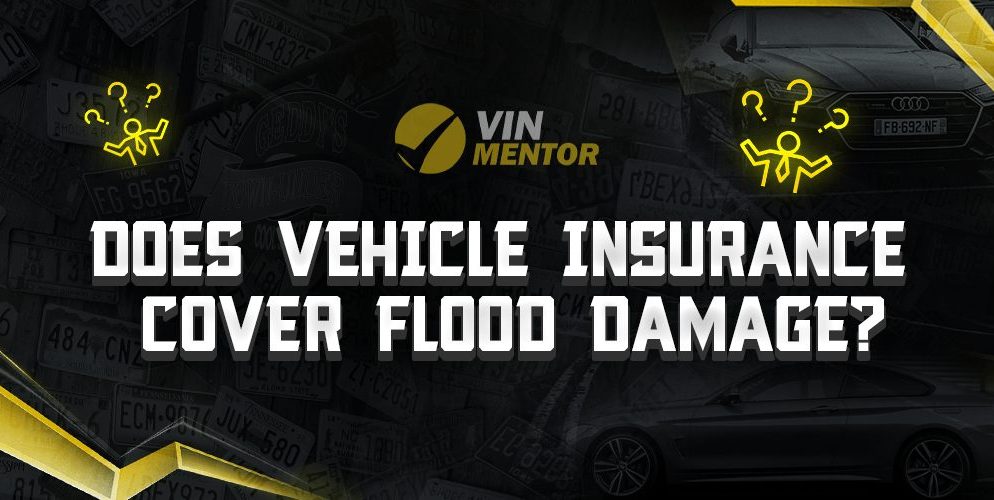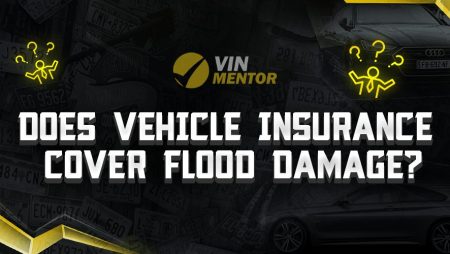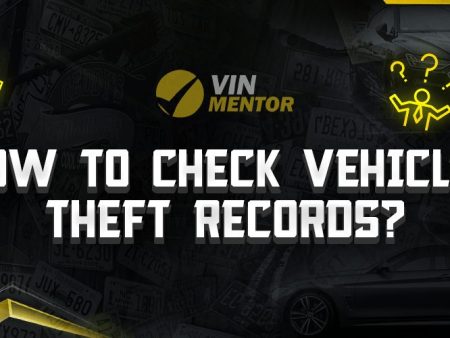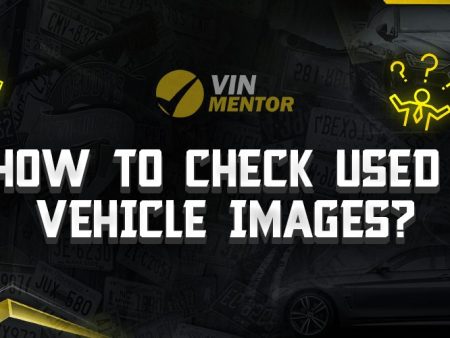

When it comes to protecting our vehicles, insurance coverage plays a crucial role. However, when faced with unexpected events like flood damage, many vehicle owners are left wondering if their insurance policies cover such incidents. If you’re curious about whether vehicle insurance provides coverage for flood damage, read on to explore the key takeaways and gain a better understanding of this important topic.
Key Takeaways
- Vehicle insurance policies differ, so it’s essential to review your specific policy and consult your insurance provider for accurate information.
- Flood damage is often covered by comprehensive insurance, but it’s important to confirm this with your insurance provider.
- Even if your insurance covers flood damage, there may be limitations, such as deductibles or specific conditions.
- Some policies might exclude coverage for flood damage, especially in areas prone to floods or natural disasters.
- To make a successful claim, documenting the flood damage and having proper evidence is crucial.
Exploring Vehicle Insurance Coverage for Flood Damage
Flood damage can have devastating consequences for vehicles, leading to costly repairs or even total loss. To protect against such risks, it’s crucial to understand your insurance coverage thoroughly.
Understanding Comprehensive Coverage
Comprehensive insurance coverage goes beyond just protecting your vehicle from collisions. It is specifically designed to safeguard your vehicle against various perils, including flood damage. In addition to floods, comprehensive coverage typically includes protection against non-collision incidents such as theft, vandalism, fire, falling objects, hailstorms, and natural disasters like hurricanes or earthquakes.
However, it’s important to note that the specific coverage and policy terms can vary significantly between insurance providers. To ensure you have a comprehensive policy that covers flood damage, it is crucial to review your policy carefully and consult with your insurance agent if you have any questions or concerns.
Policy Limitations and Deductibles
While comprehensive coverage generally includes protection against flood damage, it’s essential to be aware of any policy limitations and deductibles that may apply. A deductible is the amount you’re responsible for paying out of pocket before your insurance coverage kicks in. For example, if your vehicle sustains flood damage and your policy has a $500 deductible, you’ll need to pay that amount before your insurance provider covers the remaining repair costs.
Deductibles can vary depending on your policy and insurance provider. It’s important to understand these terms to determine the extent of your coverage and potential out-of-pocket expenses in the event of flood damage.
Geographic Considerations
Insurance policies take geographic location into account when assessing the risk associated with specific areas. If you reside in a region prone to floods or natural disasters, your insurance policy may have exclusions or limitations for flood-related damages. Insurance providers evaluate the likelihood and severity of flood damage based on historical data and local risk factors.
Consequently, coverage options and premiums may vary depending on your location. Therefore, if you live in a flood-prone area, it’s crucial to review your policy carefully to understand the extent of your coverage and any additional coverage options you might need, such as flood insurance from the National Flood Insurance Program (NFIP).
Documenting and Reporting the Damage
In the unfortunate event that your vehicle sustains flood damage, taking prompt and thorough action is crucial. Start by documenting the extent of the damage as soon as it is safe to do so. Take clear and detailed photographs from various angles, capturing the damage to both the exterior and interior of your vehicle. Additionally, collect any other evidence that may support your claim, such as eyewitness statements or weather reports indicating a flood occurrence.
Once you have gathered the necessary documentation, report the incident to your insurance provider as soon as possible. Many insurance companies have specific procedures and deadlines for filing claims, so it’s important to adhere to these requirements. By providing detailed information and following the required reporting procedures, you can help expedite your claim process and increase the likelihood of a favorable outcome. Additionally, keep records of all communication with your insurance company, including dates, names of representatives spoken to, and summaries of the conversations, as these details can be useful if any disputes arise during the claims process.
Conclusion
It’s important to note that insurance coverage can vary significantly based on your policy and location. To obtain accurate information regarding your specific insurance coverage, consult your insurance provider directly. Additionally, when purchasing a used vehicle, performing a Vehicle Identification Number (VIN) check is crucial to uncover important details about the vehicle’s history, including potential flood damage. To perform a reliable VIN check, consider utilizing one of our recommended best VIN Check Websites, which can provide comprehensive vehicle history reports and offer peace of mind. Remember, staying informed and understanding the specifics of your insurance policy is key to ensuring your vehicle is adequately protected in the event of flood damage or other unforeseen circumstances.
FAQ
Will my vehicle insurance cover flood damage regardless of my location?
Vehicle insurance coverage for flood damage can vary depending on your location and the specific policy. It’s important to review your policy and consult with your insurance provider to understand the extent of your coverage and any limitations or exclusions related to flood damage.
What should I do if my vehicle sustains flood damage?
If your vehicle suffers flood damage, it’s important to take prompt action. Start by documenting the damage with clear photographs from various angles. Collect any other evidence that may support your claim, such as eyewitness statements or weather reports indicating a flood occurrence. Report the incident to your insurance provider as soon as possible, following their specific procedures and deadlines for filing claims.
Are there deductibles for flood damage coverage in vehicle insurance?
Yes, deductibles may apply to flood damage coverage in vehicle insurance. A deductible is the amount you’re responsible for paying out of pocket before your insurance coverage kicks in. The specific deductible amount can vary depending on your policy and insurance provider.
Do all insurance policies cover flood damage?
Not all insurance policies cover flood damage. Some policies might exclude coverage for flood damage, especially in areas prone to floods or natural disasters. Comprehensive insurance policies typically include coverage for flood damage, but it’s important to review your specific policy and consult with your insurance provider to confirm the coverage.
Can I purchase additional flood insurance for my vehicle?
In some cases, you may be able to purchase additional flood insurance for your vehicle, especially if you reside in a flood-prone area. The National Flood Insurance Program (NFIP) offers flood insurance options that can supplement your existing vehicle insurance coverage. Review your policy carefully and consider consulting with your insurance provider to explore additional coverage options if needed.












